Is expensive wine worth it?
“Friends don’t let friends drink white Zinfandel”
-A profoundly wise T-shirt designer
To oenophiles expensive wines will always be worth it if they can afford to buy them. But it is not always necessary to drink expensively to drink very well.
On the other hand anyone who has had the unfortunate experience of drinking really bad wine that is cheap might be forgiven for thinking it is worth any price to avoid repeating the experience.
For me, a subject approached is a subject written to exhaustion, and so to lessen that of you my dear readers, here's a little appropriate background music to keep you entertained as you read on:
Do better wines tend to cost more than their lesser cousins?
Sometimes. Because quality and quantity are inversely proportional, in wine and many other things. But the pricing is just a tendency not a rule. In general, price and relative quality have little to do with one another. The serious wine lover is interested in a lot of different kinds of wines. Some of which are expensive and some even a total neophyte will immediately recognise as astounding. Others, older vintages for example, would please the fledgling wine aficionado less.
Wait, so why are some wines more expensive than others?
Simple market economics expressed through perceived supply and demand manipulated by competitive distribution. (eg take a look at the recent drop in first growth Bordeaux primeur prices…so the actual prices from a recent vintage of Chateau Pape Clement is retailing anywhere from 60-200 euros per bottle in the same locations and markets)
Does price have anything to do with the quality other than that?
Nope not really. Approaching zero. There’s tons of $10 - 30 wines just as good as many better-known of $50 - 150. The difficulty is finding them.
So paying more doesn’t guarantee better wine?
Yeah, sort of, but not really.
A great wine that has been “discovered”, well-marketed and distributed to large markets will cost a lot more than any similar wine not as well-known.
Speaking of high-price bottles..
The Hautes Cotes de Beaune by Jayer Gilles can cost 300% more than most other Hautes Cotes de Beaune. Is it better? It is better than, say, 8/10 other Hautes Cotes de Beaune, but 2/10 are likely as good or better than the Jayer Gilles. For 1/3 of the price. But paying the higher price gives you a much likelier chance of having a good bottle if you don’t know the wine in question, all things being equal.
At the lower end, mass-produced, mass-distributed wines (or those made by many--though not all--of the wine cooperatives), a similar wine with a higher price tag might indeed make it likely to be better. If you can up your budget from the $8 to $13 your palate is likely to see a striking difference between The Francis Ford Coppola Diamond Collection and Director's Cut Chardonnays.
Really rare, famous and consequently very expensive wines are usually interesting. With some exceptions. (If they aren't corked, maderised or otherwise flawed) Tasting, for instance, a 30 year Chave White Hermitage, first sip totally dead, then watch it rise from sleep, shake off its lethargy with the next sip, then slowly wake up to a full glass of glory until over the course of a half an hour it starts to fade as its color darkens in the glass—is a rewarding experience. But that doesn't mean there aren't plenty of wines just as good that don't cost an arm, a leg, your first-born and all of your future issue. Even more modest examples hold true. The Mastrobernardino Taurasi Radici is a magnificent wine. Many of its rivals in Taurasi are upwards of $30 dollars per bottle. But nearby in the Campi Taurasini, there are some spectacular Aglianicos for $10.
Trifecta-Rare, Famous and Very Expensive. But seldom disappointing.
You thought Real Estate was bad? In wine it REALLY is the dominion of LOCATION LOCATION and LOCATION. And the further you get down the distribution chain from production the harder it often is to get a good wine without paying a lot for it. Great American and Australian wines are often expensive because they are close to their markets and thus become easily discovered. Conversely many European wines that are breathtakingly dear are so because their markets are so huge and international that on a worldwide scale they become tremendous rarities.
But, here in France, the best way to find great wine is to go to the vineyards. And there are a lot of bargains. Throughout the mediterranean basin there are many wines that are never bottled and consumed within the year, wonderful with olive oil and fish or fresh cheese. These cost a few euros PER LITRE.
Lesser known vineyards abound in Europe. They can provide great wine for astoundingly small prices.
Ciro famous for over 2000 years, still often a bargain
Uhm, so, if price doesn’t strictly equate with quality, what does make some wines better than others? In order to ask what it is worth, one has to have some criteria for evaluating it.
This recent answer from the America's Test Kitchen wine guy is revealing:
"For some consumers, the proof is, as they say, in the pudding. What I mean by this is that they will be content to spend more if they sense that they’re getting something appreciably more for their money; namely, more density, weight, ripeness, presence on the palate—what I like to call drama."
(The above may elucidate the Parker-Robinson divide and shows why so many expensive wines are heavier, made from hyper-ripe grapes with high alcohol content)
Ripe, but maybe not yet hyper ripe 2 weeks before harvest. Burgundy.
The consumers' judgement has set the price. And thus to remain competitive many wineries may have to make wine that satisfies that.
But what is that consumer's judgement worth?
Nothing, or everything depending on your persepective.
Fast food conglomerates like Macdonalds and Quick spend a lot of money on their research and food labs. They bring in people to taste again and again, creating great databases of consumer responses to their food before the ever test market it. This usually pays off. So if food that appeals to the common denominator, high or low, is the goal, one should closely examine that data.
And so it is with wine. That consumer-driven approach means a lot; if those are the only kind of wines you want to see. Dramatic Wines.
But wine is so much more diverse than that. Wine can appeal to so much more of our characters and be shared with so much more of our lives.
There are:
Grand Lyric wines, an old 100% Tempranillo Rioja singing its complex coloratura from the center of the table.
Wines of subtle intriguing Comedy like a great Rosé de Marsannay.
Or a RomCon beauty blushing Pink from the Cotes de Provence.
Wines fast-moving enough to thrill any Action-junkie like an old-vine grenachy Chateauneuf-du-Pape.
Serious Thriller wines like a steel-spined, mineral-structured Riesling from the Rheinland.
Happy adventures like a Barbera.
Heartening Convivial Buddy Flicks like a Nuit Saint Georges.
The quiet, deep love stories of a Chambolle Musigny or a great Margaux.
Intellectual mysteries like a Pessac Leognan.
Exotic Foreign subtitled gems like a good Boğazkere – Öküzgözü blend
Comforting old time-honored Classics like a 1974 Kopke Colheita
American-Intl Indy Productions like
Walla Walla and Woodinville WA
And sure, big Dramatic wines like a hand-harvested Amarone di Masi.
(And without the right food most of these won't even show off their true character).
A piece of theatre or film that only plays relentlessly on the note of Drama is probably best described as a Melodrama. Like so many of those Big New World and Super Tuscan wines. There's nothing wrong with Melodramas (The Bad Seed is my favorite)
But. Compare apples with apples and oranges with oranges.
Many masterpieces are dramas, but not always Melodramas. Masterpieces use every faucet of human emotion and experience to tell their story. In the long run, they may seem tragedies or comedies or even adventures. There's plenty of drama in Laurence of Arabia, but also a lot of action and some great comedy.
So what does it mean to say a wine is better than another?
A wine that comes from grapes well-matched to a terroir, made by vintners who express the climate and land in the wine as well as possible is better than one that isn't. They are not always masterpieces. But some are. And life would be much poorer without them. And they aren't always very expensive if you learn where to look.
As to knowing which is better; Taste a wine, slowly, with different kinds of food, read about it, visit the vineyard, taste it again. Repeat. Practive. Keep learning. And enjoy it.
So for those who have managed to make it near the end, all this talk of wine is probably making you hungry. It is me.
So here's a Dégustation Platter.
The kind of platter I like to serve with a good southern French or Italian white wine that I don't know very well yet. Brings out the different flavours.
But BE FOREWARNED: The more you practice the more likely you will be to spend more money than you should on expensive wine!
Phrederic Hume is a self-described “Consulting Lunatic.”
An epicurean hedonist living in Paris, Phred cooks, tours vineyards and archeological sites, shares and empathizes as often as possible. He reads voraciously and writes passionately.
You can visit Phred’s site here!
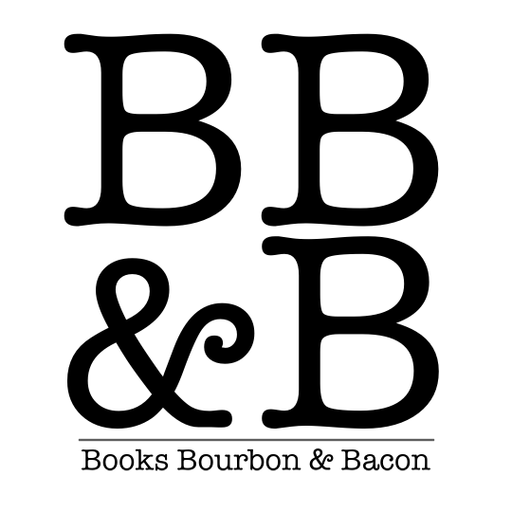


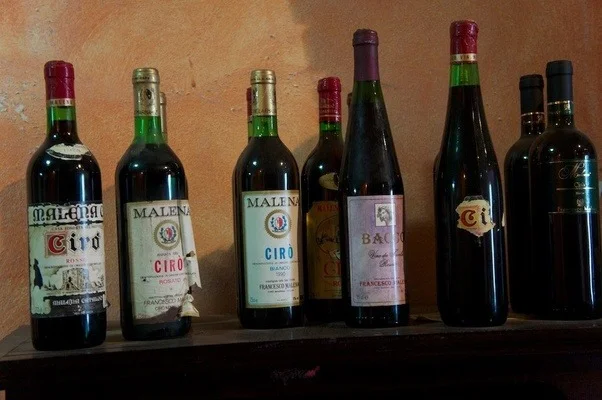
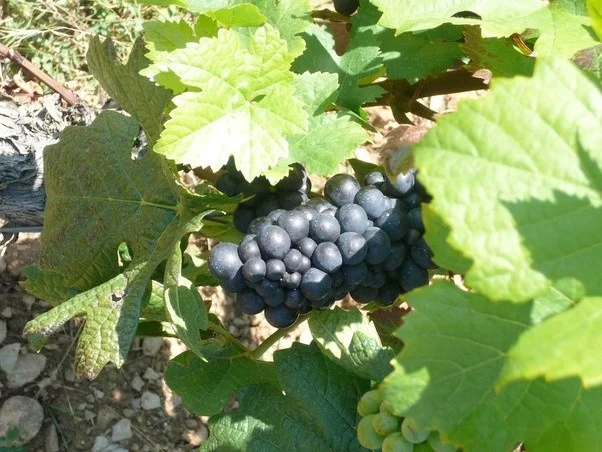

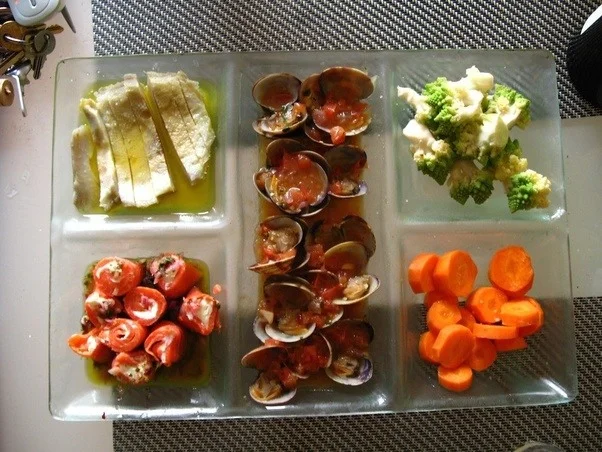
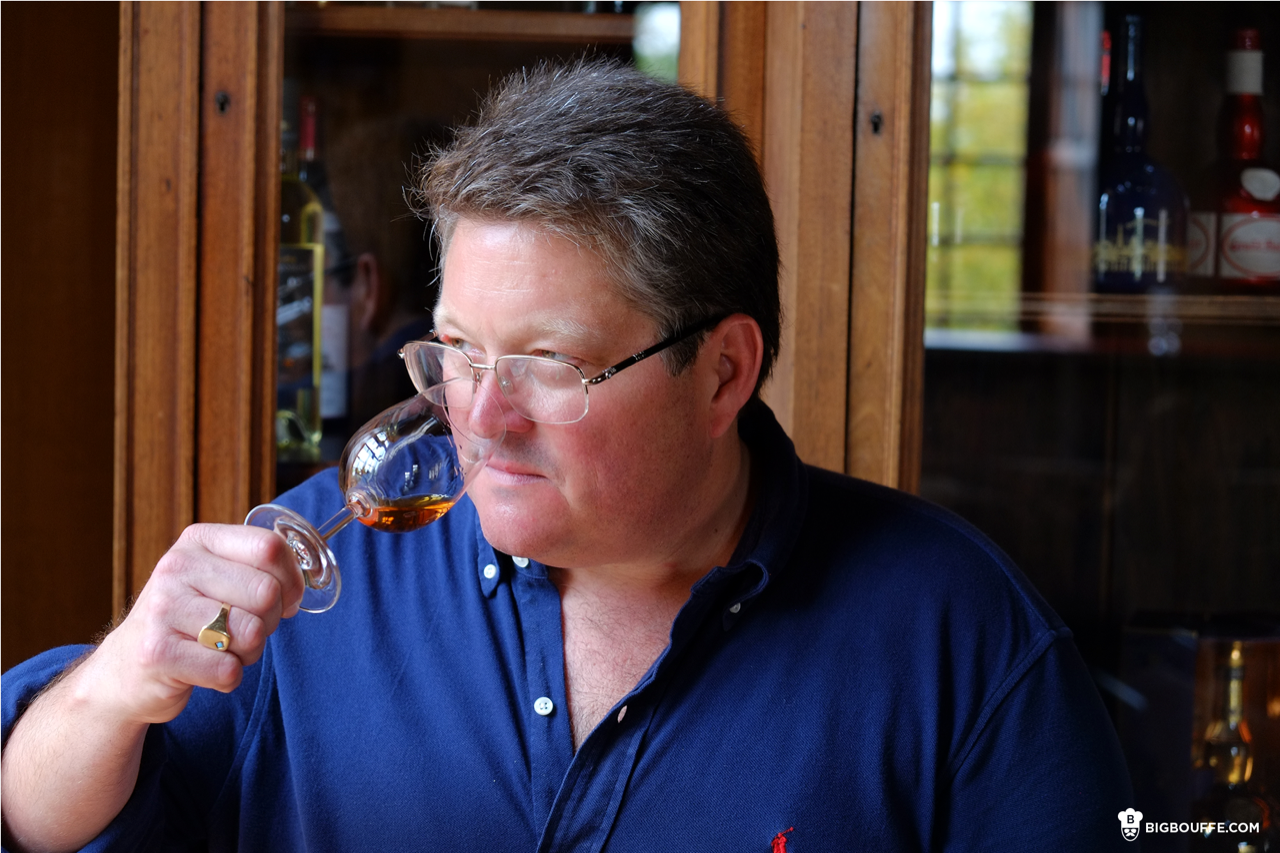


My first Father’s Day.